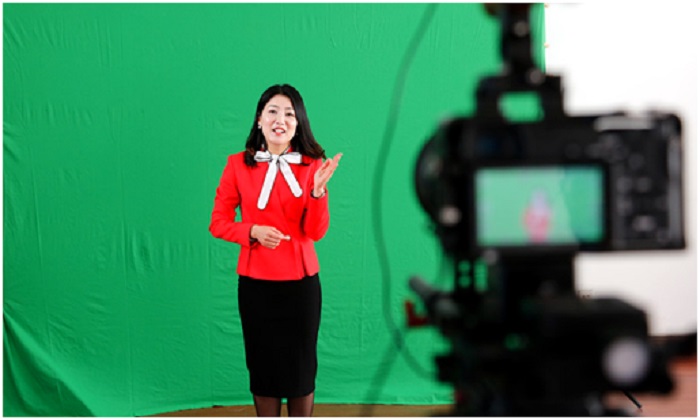



China has established the world’s largest pool of massive open online courses (MOOCs), according to statistics released at the Global MOOC Conference.
The country now has over 34,000 MOOCs that have received 540 million views and gained credits for students 150 million times. It now ranks first in the world in the numbers of MOOCS and viewers, as well as the scale of application.
The conference was held at Tsinghua University, one of China’s most prestigious universities, in Beijing from Dec. 9 to 11. With the theme of “Learning Revolution and Higher Education Transformation,” it was the first international meeting on MOOCs.
During the conference, an alliance for global MOOC cooperation was initiated by Tsinghua University, which has been joined by 20 renowned universities and MOOC platforms from 14 countries.
Deng Yulin, academician of the International Academy of Astronautics and professor with Beijing Institute of Technology, also launched an online course at the conference on Dec. 9. The course was viewed by students from South Korea’s Woosong University and China’s Yunnan University, seniors from a nursing home in Beijing’s Daxing district, as well as guests attending the conference in person and remotely.
MOOCs were firstly launched in 2012 and became popular in China a year later. Since 2017, China’s Ministry of Education has launched 1,875 online courses, 728 virtual experimental courses, and 868 courses calling for both online and offline attendance, which set an example for the construction and application of MOOCs.
Online education proved its value when COVID-19 ravaged the world earlier this year. All regular institutions of higher education in China launched online courses during the pandemic. A total of 1.1 million courses were offered online by 1.08 million teachers, and were viewed 3.5 billion times by 22.59 million college students.
“China’s education has entered a new stage of high-quality development,” said Chen Baosheng, China’s Education Minister. MOOCs can help build a lifelong learning system for the people that is more flexible, resource-rich, and convenient, so that citizens can learn anytime and anywhere, he added.


The Executive and members of the.


The Acting Director, FCT Directorate of.


President Bola Ahmed Tinubu has been.



Barely a month after resignation of.


An Abuja based Legal Practitioner, Osuagwu.



Convener of Equitable Remedy, Mrs. Magaret.


Contractors handling the contract for city.


Nigerian government may have concluded plans.


The Diplomatic Correspondents Association of Nigeria.


A rights group, “Follow Me Talk.
Leave a Comment